The Negg® launched in 2016 and our business took off like a rocket. Within months, we were a million-dollar company being featured in media outlets across the country. The sudden success felt like a dream. Every day we would listen for the constant ‘cha-ching’ from our phones, which meant another online sale of the Negg® Egg Peeler. It was an extraordinarily exciting time – until those orders came to a screeching halt.
Overnight, our product was knocked off. Dozens of listings appeared at prices well below our wholesale costs. We could see our potential sales walking out the door
Take a look, one of these is the real Negg®, one is not - can you tell the difference?

As we searched online, we found fakes being sold on every major platform. The counterfeiters used our pictures, our videos and cut our price by more than half. I had thought that a patent protected us simply because we had it in hand. I didn't realize that our patent was useless without a court order and that requires lawyers. Luckily, we found a law firm that would work with us on contingency. To date, we have won $175 million in online counterfeiting judgements and injunctive relief for the Negg®. Don't get too excited - It's mostly not collectable, and what is collectable doesn't cover what we lost in sales.
We know firsthand the anger and frustration that comes from dealing with counterfeits. If you are in the process of launching a new product, it is crucial to be aware of the dangers of online counterfeiters.
Below are several tips to protect your product:
- Obtain a trademark and display the proper trademark sign with your logo.( i,e, Negg®) Trademarks are easily litigated, and something you can quickly have verified. This makes a fast and easy way to have the infringing listings removed.
- Patents are a little more difficult. Set up lawyers on contingency. It may be as simple as writing the infringer and making them aware that they are selling a counterfeit. It may be more difficult, and you may have to take further legal steps.
- Wholesale suppliers may have counterfeit products, so you want to check these sites to remove them as well. (Alibaba, Aliexpress, etc.) A general Google search may turn up these listings.
- Order the counterfeit product to make sure it is a fake. Jurisdictions may require proof that the false product was delivered to a local address. (check with your lawyer)
- Add something to your product that would distinguish it from counterfeits. For instance, a business name, or brand trademark that will help to identify it as authentic. We emboss "The Negg®" on our caps.
- Try to stay in control. Monitor the sellers on the web and keep legitimate online sellers at a minimum. Have them sign a minimum advertised price (MAP) agreement. Choose a couple of hard-working vendors who have good references and will support your product with advertising and promotions.
- Don’t be afraid of selling your product on the national sales platforms such as Amazon, Ebay and the like. Some entrepreneurs choose not to sell on these sites because they know they will be at risk of being copied. These platforms are the life’s blood of small businesses, so we recommend not closing them out. The fact is that no matter where you sell your product, you open the possibility that a counterfeiter will make a cheap reproduction. If you have a popular product, congratulations, but be prepared for this onslaught, as it will happen.


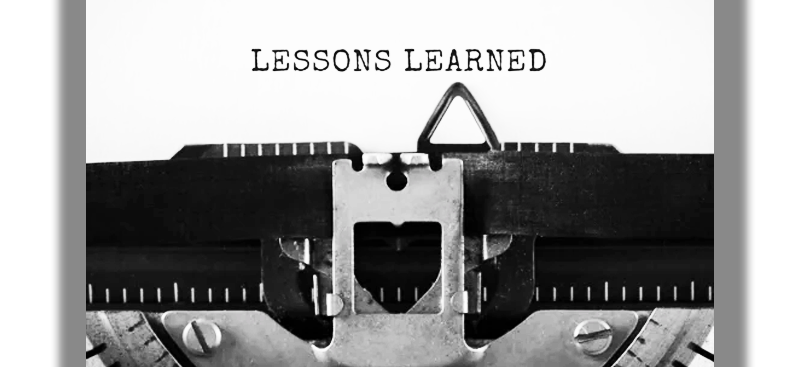
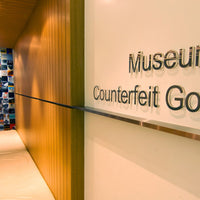
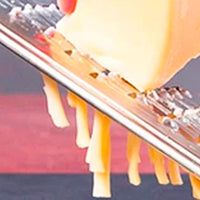
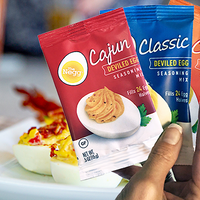
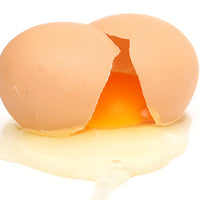
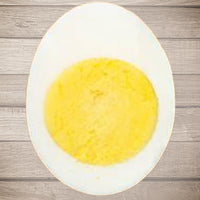
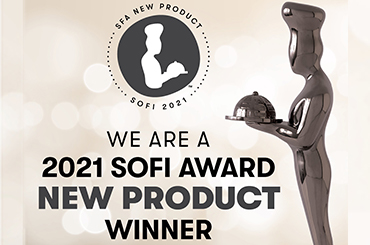
0 comments